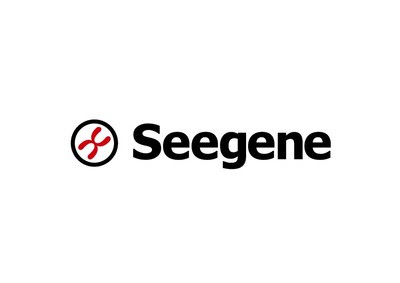While people in South Sudan have enjoyed independence for the past 10 years, one longstanding problem – food insecurity – still hangs over the world’s newest nation despite vast areas of arable land.
A World Food Program report published in June said 60% of South Sudan’s population – 7.2 million people – faced food insecurity in the second quarter of 2021. And the nation remains dependent on other countries for 80% of its food supply, according to South Sudan Chamber of Commerce Chairperson Laku Lukang.
“Most of the food items such as tomatoes and cabbage come from Uganda. Since independence we don’t have factories and industries for producing cooking oil, sugar,” Lukang told VOA’s South Sudan in Focus. He added, Many people think oil is the only source of money but instead we need to use the oil money to buy tractors and produce enough food and also export (farm products).
Diverting oil profits to support agriculture is also a priority of James Boboya, a policy analyst with the Juba-based Institute for Policy and Research.
“The way to go,” he said, “is for the government of South Sudan to tarmac the road to agriculture producing areas such as Yei, Yambio, and Eastern Equatoria so that farmers can bring produce to market.”
However, inter-communal clashes, competition among different groups over farmland and water, and floods make it difficult for South Sudan to produce enough food to meet its needs.
That point is underscored by 43-year-old subsistence farmer and widow Rose Nyoka. “When we go to the bush to farm, we are arrested and chased out,” she told South Sudan in Focus. “What we want is let the government open its eyes on us, the farmers, because we are depending on our farming for our livelihoods and now if we don’t cultivate, we are forced to buy food items from outside the country.”
Another significant factor in South Sudan’s food insecurity is the 2013 to 2018 conflict between South Sudanese political forces and its continued fallout.
“We have virgin land with productive soil and the products brought from Uganda can be produced here at a cheaper cost but the war stopped this,” said Faustine Amba, Yei-based NGO Mugwo Development Organization program manager.
Amba said the lack of agricultural production denies the government much-needed internal tax revenue. “The government needs money through taxes from the people but if the common men are poor and hungry, the government can also be poor and hungry in terms of resources,” he said.
A farmer in South Sudan’s Yei River County, Felix Dara, said the food insecurity problem and the agricultural sector are not getting enough attention and help from the government.
He said officials need to prioritize the building of roads and storage facilities, and also help farmers obtain modern equipment and machinery.
“Our farmers are not supported and that is a reality,” he said. “We cannot talk about food security when we are using ordinary hoes. How can we do massive production when the government has not set funds to stimulate food production?”
A local NGO, the Mission to Alleviate Suffering in South Sudan, said it distributed tools and seeds to more than 100,000 small farmers in the nation’s Central Equatoria and Northern Bahr el Ghazal states.
But, the NGO’s executive director, Dara Elisa, said despite those efforts, food insecurity still looms over many in the nation.
South Sudan’s minister of agriculture and food security, Josephine Lagu, said the key to improving food security is the full implementation of South Sudan’s revitalized peace agreement. Easing conflict, she says, will enable more money to be diverted from security to agriculture.
She said more funding is needed to spur production in areas such as Aweil of Northern Bah eel Ghazal state, Nzara of Western Equatoria state, and Terekeka of Central Equatoria state – areas which traditionally supplied rice, maize, and sugarcane.
Lagu notes that the government in Juba is working with the World Bank and other international financial institutions to expand the nation’s agricultural production, which she says should be a focus of a wide range of society.
“It’s indeed important as a country,” she said, “to invest in agriculture – we want farmers, families, organized forces, and churches to get involved in food production so we can stop importing food.”
Ten years into independence, South Sudan remains hungry. Now, many observers say, the nation must focus on agricultural development so its people can build other sectors of its economy. But first comes food, and for now, that’s not always certain.
Source: Voice of America

